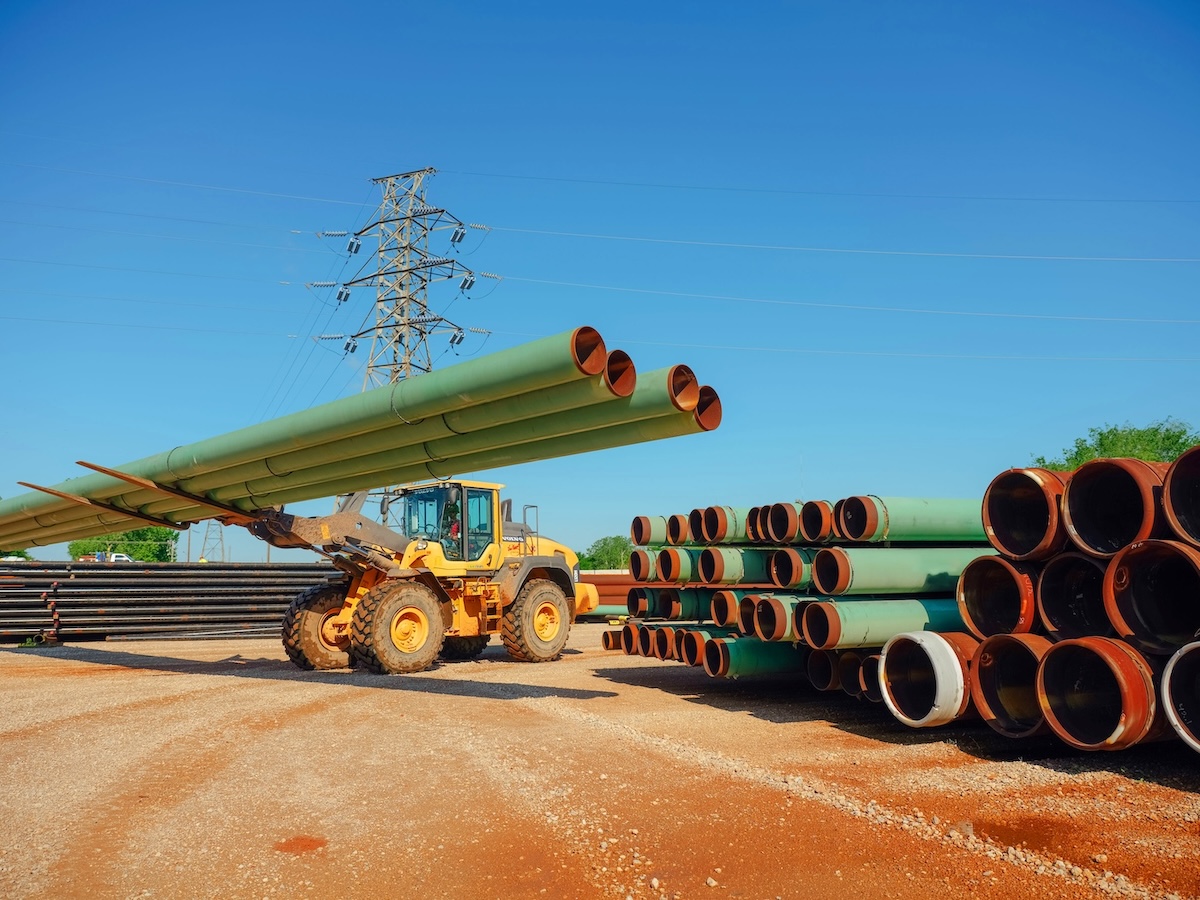#9 • 7/3/24
Steel pipes, the silent workhorses of our world, form the backbone of countless industries. But even these robust heroes need a helping hand to stay strong and reliable. Regular maintenance and inspection are crucial for ensuring your steel pipe perform at their peak, preventing costly repairs and potential disasters. So, grab your metaphorical toolbox and join us as we delve into the essential tips for keeping your steel pipe in tip-top shape!
The Power of Prevention: Regular Inspections
Just as you wouldn’t drive your car without checking the oil, regular inspections are vital for your steel pipe. Frequency depends on factors like operating environment, pressure, and material, but a good rule of thumb is annual checkups for critical systems and biannual for less demanding setups.
What to Look For:
During inspections, keep a keen eye on these telltale signs of trouble:
Problems you cannot see: Steel pipes manufactured to specifications utilize specialized techniques like ultrasonic testing, hydro testing, Destructive testing and radiographic inspection to detect hidden flaws and internal corrosion.
Corrosion: For the arch-nemesis of steel, look for electrolysis, rust, pitting, and scaling, especially around welds, flanges, and areas exposed to moisture.
Leaks: Even the smallest drip can escalate, so listen for hissing sounds and check for dampness or pooling water.
Cracks and Deformations: Bulges, dents, or hairline cracks can compromise the pipe’s integrity and require immediate attention.
Prevention: Taking Care of Your Pipe
Remember, an ounce of prevention is worth a pound of pipe replacement. Here are some proactive steps you can take:
Coating and Lining: Depending on your pipe’s use and environment, consider protective coatings or internal linings to resist corrosion, provide cathodic protection, protection from corrosive soils and chemical attacks.
Cathodic Protection: Electrochemically counteract corrosion by introducing a sacrificial anode, especially beneficial for buried or submerged pipe.
Proper Drainage: Ensure good drainage around the pipe to prevent moisture buildup, a prime culprit for corrosion.
Temperature Control: Monitor and regulate temperatures within operating limits to avoid weakening the pipe material.
International Pipe: Your Partner in Pipe Longevity
At International Pipe, we understand the importance of keeping your steel pipe in optimal condition. By implementing these proactive measures and sourcing your steel pipe from International Pipe from the onset, you can ensure your pipe performs reliably for years to come, saving you time, money, and potential headaches.

